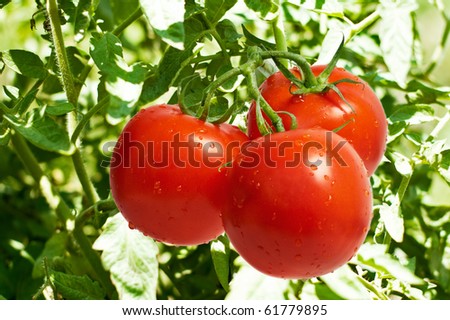Image Credit: Mercola.com
It's rare I suggest a cooked food is more beneficial
for you than consuming it raw. That said, there are a few exceptions to the
"raw rule." For example, it is well-known that lightly cooking
vegetables such as asparagus, carrots and spinach increases the bioavailability
of certain nutrients. Dr. Rui Hai Liu, a professor in the department
of food science at Cornell University, who has researched how heat affects
food, suggests the cooking of certain vegetables can free up nutrients for
easier absorption.
States Liu, "Common wisdom says cooked food has
a lower nutritional value compared to fresh produce, but that's not always
true. Many nutrients in fruits and vegetables are bound in the cell walls.
Cooking helps release them so they're more bioavailable and absorbed by the
body."
A study by Liu, published in 2002 in the Journal of
Agriculture and Food Chemistry, indicated heating tomatoes for 30 minutes at
190.4 degrees F (88 degrees C) — roughly the temperature at which you'd simmer
soup on the stove — boosted absorbable lycopene levels by 35 percent.
Despite the fact cooking reduced the vitamin C
content of tomatoes, Liu and his team noted a 62 percent increase in the
antioxidant levels of cooked tomatoes. As you may know, antioxidants protect
your body from cell and tissue damage that results when harmful free radicals
are metabolized. About the outcomes, Liu said:
"This
research demonstrates heat processing actually enhanced the nutritional value
of tomatoes by increasing the lycopene content … that can be absorbed by the
body, as well as the total antioxidant activity. The research dispels the
popular notion processed fruits and vegetables have lower nutritional value
than fresh produce."





